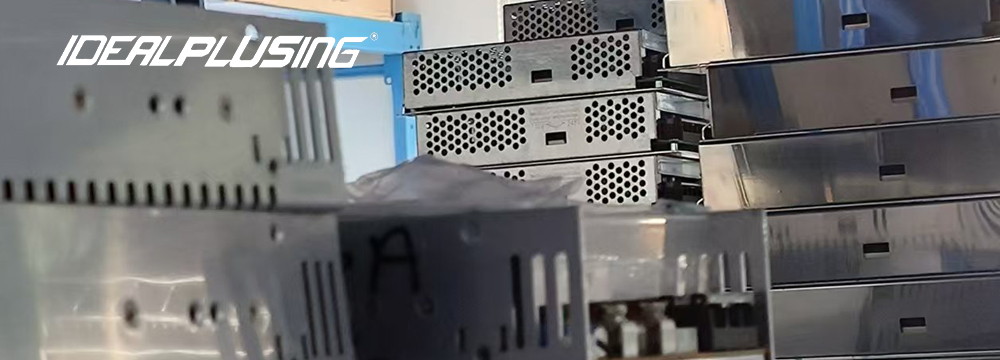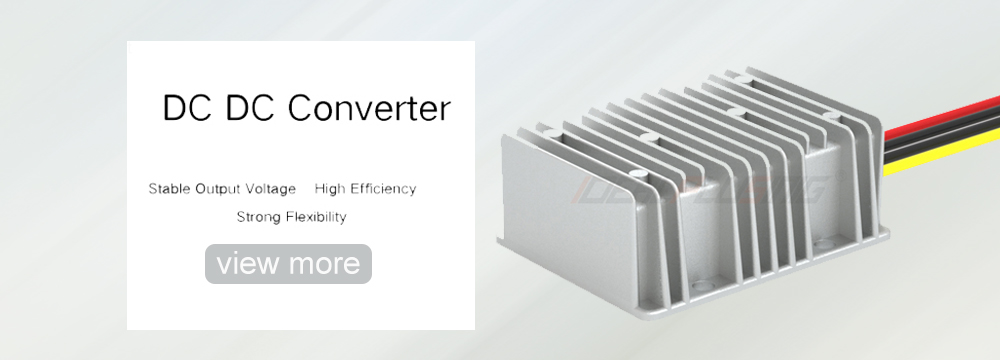LDO (low dropout linear regulator) and DC-DC (direct current to direct current) converter are two commonly used power management modules in electronic devices. They have different characteristics and advantages in different application scenarios.

This article will thoroughly, thoroughly and meticulously explore the characteristics, principles, efficiency comparison and application fields of LDO and DC-DC, so as to help readers better understand and choose the appropriate power management module.
The basic elements of both
First, let's introduce the basic principles of the two power management modules, LDO and DC-DC. LDO is a linear regulator that minimizes the difference between the input voltage and the output voltage through a variable impedance device.
The LDO internal controller drives a power transistor to adjust the output voltage to achieve voltage regulation. In contrast, the DC-DC converter converts the input voltage to the required output voltage through switching power supply technology by adjusting the switching time ratio (duty cycle) or frequency, and filtering, transformation, rectification and other processes of components such as inductors and capacitors.
DC-DC converters are more efficient
From the perspective of power efficiency, DC-DC converters are usually more efficient than LDOs. This is because LDO uses a power transistor to step down the voltage, and due to the large internal resistance of the transistor, a certain amount of power loss will be generated.
The DC-DC converter can provide higher efficiency through switching power supply technology and efficient power conversion. Especially when the input and output voltages differ greatly, the LDO is less efficient, while the DC-DC converter can better adapt to various input and output differences and provide more efficient power conversion.
In addition, there are certain differences between LDO and DC-DC in output voltage stability. Since LDO uses linear voltage regulation, its output voltage stability is better and is suitable for application scenarios with high requirements for output voltage stability.
Since the DC-DC converter uses a switching control method, its output voltage stability may be slightly worse than that of LDO, but by taking reasonable design and filtering measures, the output voltage stability can also meet most application requirements.
Cost Comparison
Another factor to consider is cost. Generally speaking, LDO is relatively low-cost. Its design is relatively simple, and it does not require a large number of devices and materials, which is suitable for cost-sensitive applications.
However, since the DC-DC converter needs to use more components such as switching elements, inductors, capacitors, etc., it may be more expensive than LDO. However, with the continuous advancement of technology and the improvement of processes, the cost of DC-DC converters has been continuously reduced, and they are gradually replacing traditional LDOs in some high-efficiency and high-power applications.
In general, LDO and DC-DC have different characteristics and advantages, and need to be selected according to the needs of specific applications.
If the power efficiency requirements are high and the input-output difference is large, the DC-DC converter has more advantages than LDO.
For applications with high requirements for output voltage stability and cost sensitivity, LDO may be more suitable. With the development of technology, DC-DC converters are more and more widely used in different fields, but LDO still has its unique advantages in certain specific scenarios.
In summary, LDO and DC-DC power management modules have their own characteristics and advantages.
LDO is suitable for occasions with high requirements for output voltage stability and cost sensitivity. DC-DC converters have advantages in power efficiency, adaptability to different input-output differences and high power requirements.
No matter which module is selected, it is necessary to make comprehensive considerations based on the specific application requirements and needs to find the most suitable power management solution.






